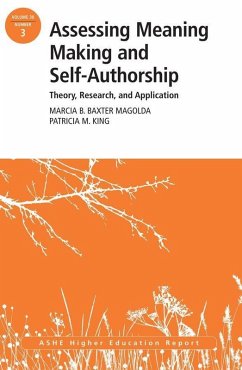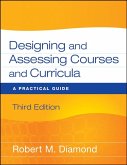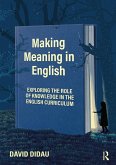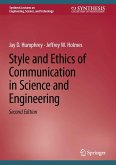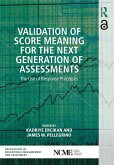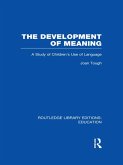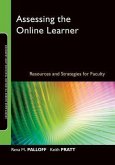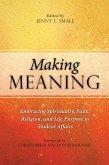One reason so many students fail to achieve complex learninggoals may be that they rely too heavily on others' opinionsabout what to believe, who to be, and how to relate to others. The meaning-making capacity of self-authorship provides a basisfrom which to understand and learn from one's experiences;without this, students are at a loss to know how to makeintentional choices about what to believe and how to act.Similarly, without a means to access and assess students'meaning making, researchers are at a disadvantage in deciding howto interpret students' academic performance and otherbehaviors, and educators are at a disadvantage in translatingfindings into the design of new programs and services. This monograph is for those who are interested in understandingself-authorship and its assessment, and in using this approach intheir own work. Drawing from well-established theories andextensive longitudinal research including nearly two thousandinterviews, it offers a detailed account of how young adults'capacities become more complex and adaptive over time. Those whounderstand the role of meaning making will be better able todocument its effects on educational outcomes and provide betterinformation to decision makers about program effectiveness. Each monograph in the series is the definitive analysis of atough higher education problem, based on thorough research ofpertinent literature and institutional experiences. Topics areidentified by a national survey. Noted practitioners and scholarsare then commissioned to write the reports, with experts providingcritical reviews of each manuscript before publication.
Dieser Download kann aus rechtlichen Gründen nur mit Rechnungsadresse in A, B, BG, CY, CZ, D, DK, EW, E, FIN, F, GR, HR, H, IRL, I, LT, L, LR, M, NL, PL, P, R, S, SLO, SK ausgeliefert werden.

